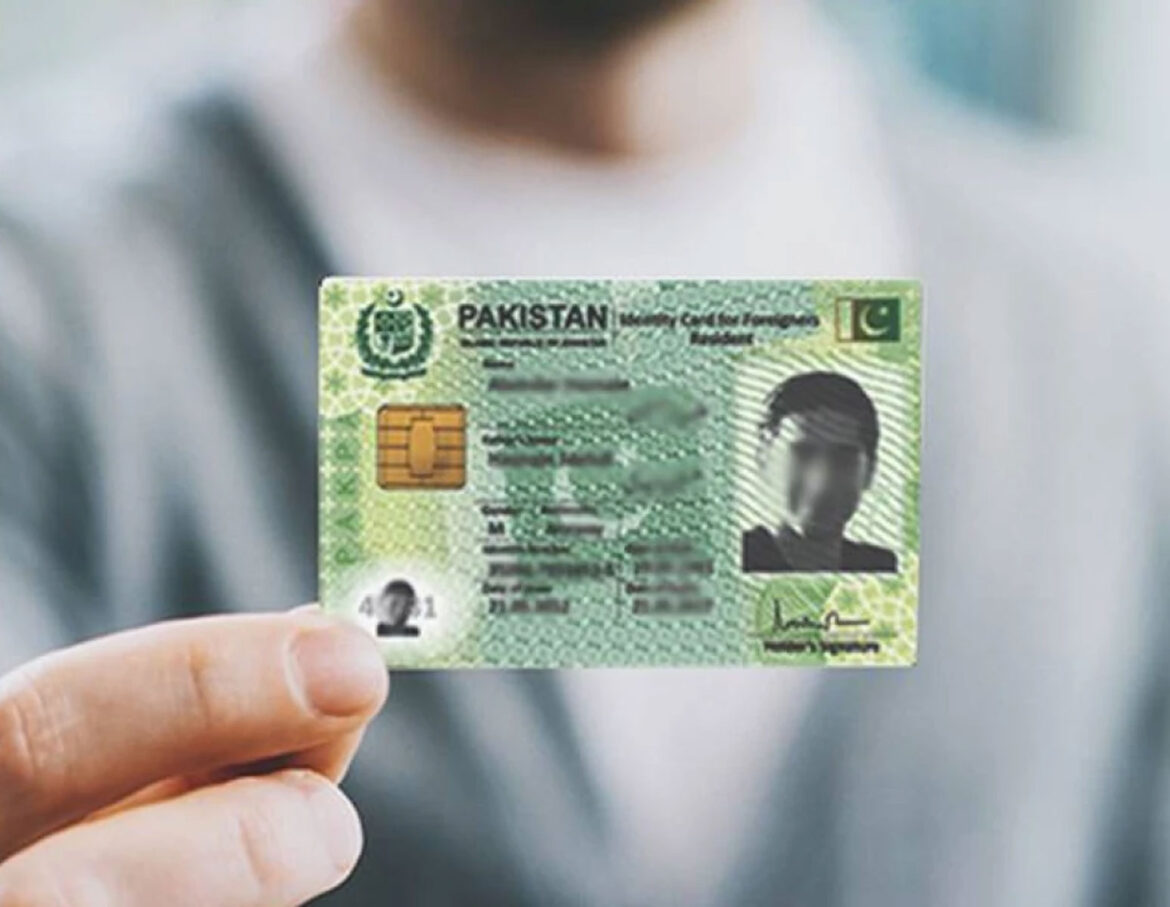In the past five years, the National Database and Registration Authority (NADRA) has blocked 71,459 Computerised National Identity Cards (CNICs) across Pakistan, Express News reported.
Breakdown of Blocked CNICs
- Khyber-Pakhtunkhwa: 25,981
- Balochistan: 20,583
- Punjab: 13,564
- Sindh: 9,677
- Islamabad: 1,370
- Gilgit-Baltistan: 228
- Azad Jammu and Kashmir: 446
After thorough verification, 44,460 of these blocked CNICs were subsequently unblocked, while investigations for 13,618 cards remain ongoing.
Legal Challenges and Reforms
The Sindh government has formally requested amendments to the Citizenship Act to address issues related to blocked CNICs and streamline the verification process for citizens.
Fake News and Digital Misinformation
Parliamentary Secretary for the Cabinet Division, Sajid Mehdi, revealed during a National Assembly session that approximately 80,000 SIM cards have been blocked for spreading fake news. This move is part of broader government efforts to curb misinformation on digital platforms.
Government Initiatives
- Joint Task Force: Established to tackle fake news, with its report submitted to the Prime Minister.
- PECA Reforms: Amendments proposed to the Prevention of Electronic Crimes Act (PECA) 2016, aiming to expedite trials related to misinformation.
- VPN Registration: Initiated to enhance monitoring of online activities.
- Public Awareness Campaign: Launched to educate citizens on the societal impacts of misinformation using various media tools.
“The government’s proactive steps, including blocking SIM cards and revising laws, are aimed at mitigating the harmful effects of fake news,” Mehdi stated. He expressed confidence that these measures would significantly improve the country’s fight against misinformation.
This dual-pronged approach underscores the government’s focus on securing citizens’ identities and safeguarding the digital space from the adverse effects of false information.



